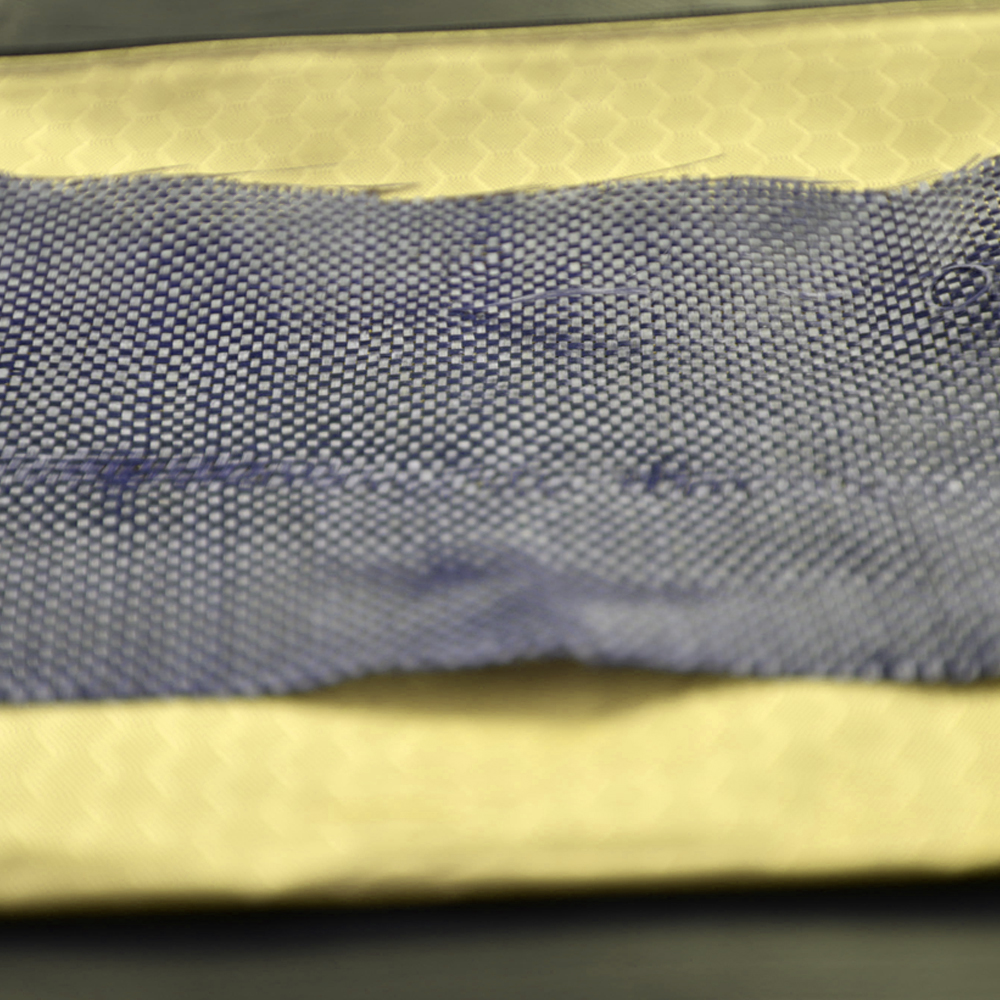Table of Contents
Benefits of Using Basalt Fiber Reinforcement in Plastics
Basalt fiber reinforcement is a relatively new technology that is gaining popularity in the plastics industry. Basalt fibers are derived from the natural volcanic rock, basalt, and are known for their high strength and durability. When these fibers are added to plastic materials, they can significantly enhance the mechanical properties of the final product. In this article, we will explore the benefits of using basalt fiber reinforcement in plastics.
One of the key advantages of basalt fiber reinforcement in plastics is its high strength-to-weight ratio. Basalt fibers are incredibly strong, even stronger than steel, yet they are much lighter in weight. This makes them an ideal choice for applications where weight reduction is important, such as in the automotive and aerospace industries. By incorporating basalt fibers into plastic materials, manufacturers can create lightweight yet strong components that meet the stringent performance requirements of these industries.
Another benefit of using basalt fiber reinforcement in plastics is its excellent resistance to corrosion and chemical attack. Basalt fibers are inherently resistant to most Chemicals, making them an ideal choice for applications where exposure to harsh environments is a concern. By adding basalt fibers to plastic materials, manufacturers can create products that are more durable and long-lasting, even in corrosive environments.
In addition to their high strength and chemical resistance, basalt fibers also offer excellent thermal stability. Basalt fibers have a high melting point, making them suitable for use in high-temperature applications. When added to plastic materials, basalt fibers can help improve the thermal stability of the final product, making it more resistant to heat and fire. This makes basalt fiber reinforcement a popular choice for applications where thermal performance is critical, such as in the construction and electronics industries.
Furthermore, basalt fibers are also environmentally friendly. Unlike traditional reinforcement materials like fiberglass, basalt fibers are derived from natural sources and are fully recyclable. This makes them a sustainable choice for manufacturers looking to reduce their environmental impact. By using basalt fiber reinforcement in plastics, companies can create products that are not only strong and durable but also eco-friendly.
Overall, the benefits of using basalt fiber reinforcement in plastics are numerous. From their high strength-to-weight ratio to their excellent resistance to corrosion and thermal stability, basalt fibers offer a range of advantages that make them an attractive choice for manufacturers. Additionally, their environmentally friendly properties make them a sustainable option for companies looking to reduce their carbon footprint. As the plastics industry continues to evolve, basalt fiber reinforcement is likely to play an increasingly important role in the development of high-performance, durable products.
Applications of Basalt Chopped Fiber Yarn in Plastic Manufacturing
Basalt fiber reinforcement has gained popularity in the plastics industry due to its superior mechanical properties and environmental benefits. One of the most common forms of basalt fiber used in plastic manufacturing is chopped fiber yarn. This article will explore the various applications of basalt chopped fiber yarn in plastic manufacturing.

Basalt chopped fiber yarn is made by chopping continuous basalt fibers into short lengths and then twisting them together to form a yarn. This yarn can be easily mixed with plastic resins to create composite materials with enhanced strength, stiffness, and impact resistance. One of the key advantages of using basalt chopped fiber yarn in plastics is its high tensile strength, which can improve the overall performance of Plastic Products.
| Part | Name |
| 1 | Lightweight basalt textile |
In the automotive industry, basalt chopped fiber yarn is commonly used to reinforce plastic components such as bumpers, body panels, and interior trim. By adding basalt fibers to the plastic resin, manufacturers can create lightweight yet durable parts that meet the stringent Safety and performance requirements of modern vehicles. Basalt fibers also have excellent thermal and chemical resistance, making them ideal for use in automotive applications where exposure to harsh environments is common.
Another important application of basalt chopped fiber yarn in plastic manufacturing is in the construction industry. Basalt fibers are often added to plastic composites used in building materials such as roofing Tiles, wall panels, and insulation. These materials offer improved strength and durability compared to traditional plastics, making them ideal for use in construction projects that require long-lasting and sustainable solutions. Basalt fibers are also non-corrosive and non-conductive, making them suitable for applications where resistance to moisture and electrical conductivity is important.
In the aerospace industry, basalt chopped fiber yarn is used to reinforce plastic composites used in Aircraft components such as fuselage panels, wings, and interior structures. The high strength-to-weight ratio of basalt fibers makes them an attractive choice for aerospace applications where reducing weight without compromising performance is critical. Basalt fibers also have excellent fatigue resistance, making them suitable for use in components that are subjected to repeated loading cycles during flight.
Basalt chopped fiber yarn is also finding applications in the sports and leisure industry, where it is used to reinforce plastic composites used in sporting equipment such as tennis rackets, Golf Clubs, and bicycle frames. The high stiffness and impact resistance of basalt fibers make them ideal for creating lightweight yet strong products that can withstand the rigors of athletic competition. Basalt fibers are also environmentally friendly, as they are made from natural basalt rock and do not require the use of harmful chemicals or additives during production.
In conclusion, basalt chopped fiber yarn offers a wide range of applications in plastic manufacturing, from automotive and construction to aerospace and sports equipment. By incorporating basalt fibers into plastic composites, manufacturers can create products that are stronger, lighter, and more durable than traditional plastics. With their superior mechanical properties and environmental benefits, basalt fibers are poised to play a key role in the future of sustainable plastic manufacturing.

